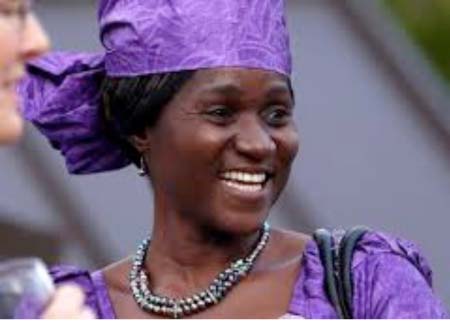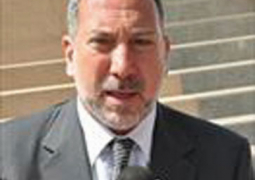
“We train and equip volunteers with the knowledge to help them become self-employed with the training, skills and motivation my organisation provides for sustainable development,” said Madam Isatou Ceesay, executive director of the initiative.
“This is to ensure continuity of the project activities as we move to new projects or to new communities.We are constantly looking for new ways to help communities,” she added.
Madam Ceesay, who recently completed a tour in America promoting her children’s book on recycling, said she passionately believes that waste reprocessing offers women a route to economic empowerment.
She said: “It is women who are in charge of waste and they are dedicated to their communities and can really contribute a lot.
“In terms of education, we are the ones who are always behind.Boys are chosen to go to school.When we conduct our training, we find women can do a lot, but don’t know who they are, or how to implement things.”
After the reprocessing sessions, the community recycling project provided a week’s training to help participants form their own businesses or social enterprises.
Executive director of WIG said: “The idea is that this knowledge will cascade through the communities, with women encouraged to organise their own training events after completing the course.”
Madam Ceesay said the project also worked with young people and waste pickers who work on unregulated dump sites.
Through the project, women also learned how to turn plastic bags into paving slabs – although plastic bags were banned by the government in July 2015.They were also taught how to recycle fish and food waste into fertiliser.
The volunteers were trained to press charcoal-dried mango leaves into mold to make organic fuel briquettes.The fuel briquette can be used as an alternative to traditional charcoal at the Gambia’s first recycling training centre.
According to Madam Ceesay, sometimes women travelled 20km from Tawto village to learn waste reprocessing techniques at the Recycling Innovation Centre, purpose built by the newly-formed NGO.
Read Other Articles In Article (Archive)
74 Nigerian volunteers accomplished Gambian Mission
Apr 3, 2012, 1:50 PM
Maccassa FC crowned East Super Cup champions
Aug 26, 2013, 2:35 PM


